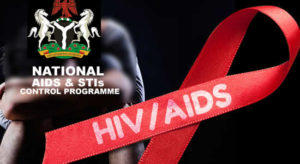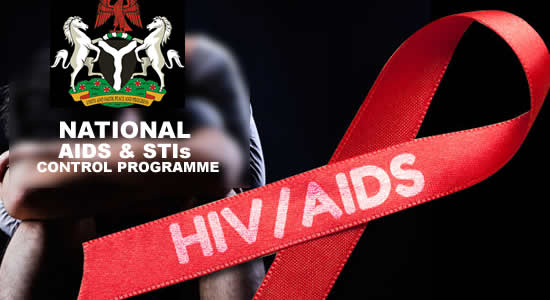FG validates efficacy of HIV self-talk kits
By Muhammad Auwal
The National AIDS and STDs Control Programme (NASCP), has acknowledged the efficacy of the HIV self-test kits for use in Nigeria with 98.4 per cent specificity and sensitivity to detect HIV antibodies.
Coordinator of the Organising Committee, Dr Godwin Emmanuel, who made this known in a statement on Tuesday in Abuja, said NASCP was established to spearhead the Ministry of Health’s interventions on the fight against HIV and AIDS.
 Emmanuel said the HIV self-test kit evaluation report scheduled to be disseminated by NASCP on November 22, outlines modalities for conducting HIV self-testing in the country.
Emmanuel said the HIV self-test kit evaluation report scheduled to be disseminated by NASCP on November 22, outlines modalities for conducting HIV self-testing in the country.
He said the report dissemination was sequel to the national operational guidelines for the delivery of HIV self-testing in Nigeria which was recently approved by the Federal Ministry of Health.
Dr Emmanuel further mentioned that the HIV self-test kit also known as Oraquick HIV self-test kits were currently used in more than 50 countries of the world.
He noted that the test kit had also being certified by World Health organisation (WHO), the US Food and Drug Administration (FDA) and NAFDAC.
“As part of measures to promote HIV Self-Testing by ministry, Oraquick HIV self-test kits was recently evaluated by the federal ministry of health across the six geopolitical zones in Nigeria.
“This is in line with national guidelines to assess the efficacy of the test kits for use in Nigeria, hence, the evaluation showed 98.4 per cent specificity and sensitivity to detect HIV antibodies I and II among Nigerians.
“This therefore affirms greater confidentiality and privacy from individuals who will purchase the easy-to-use, pocket friendly diagnostic kit from a designated outlet.
“The self-run test can be done in the privacy of one’s home or other desired locations, without the knowledge of anyone,’’ he said.
He said many people living with HIV in Nigeria are unaware of their status and the country was yet to meet the recommended number of HIV testing and counselling sites needed for a desired scale up.
Emmanuel, however, stressed that the HIV self-testing had been identified as a strategy that would contribute to the attainment of UNAIDS global 95-95-95 goals.
He said the 95-95-95 goals means: “95 per cent of people living with HIV should know their HIV status; 95 per cent of people who know their status should be on treatment; and 95 per cent of people on treatment should achieve suppressed viral loads’’.
Emmanuel said the HIV self-test (HIVST) in Nigeria was viewed as a mechanism to help increase HIV testing uptake, thereby helping to capture un-diagnosed HIV cases.




